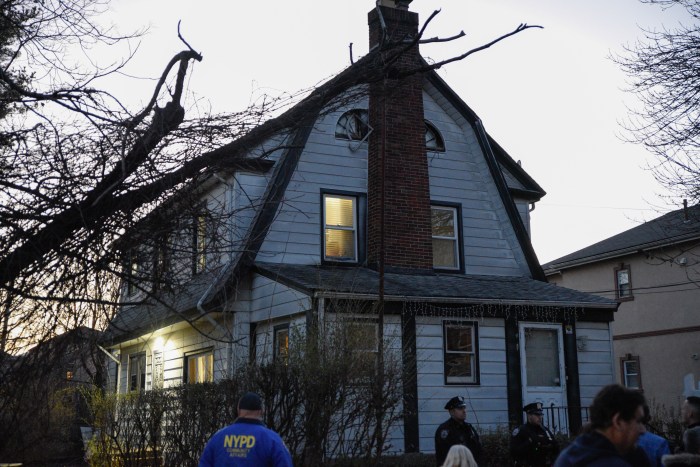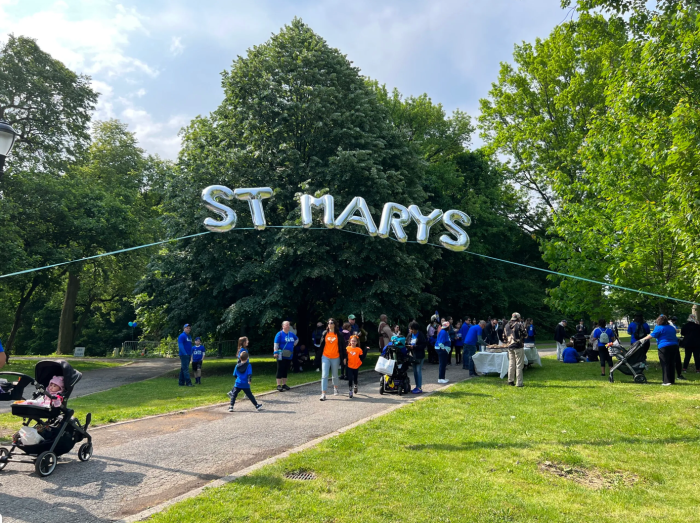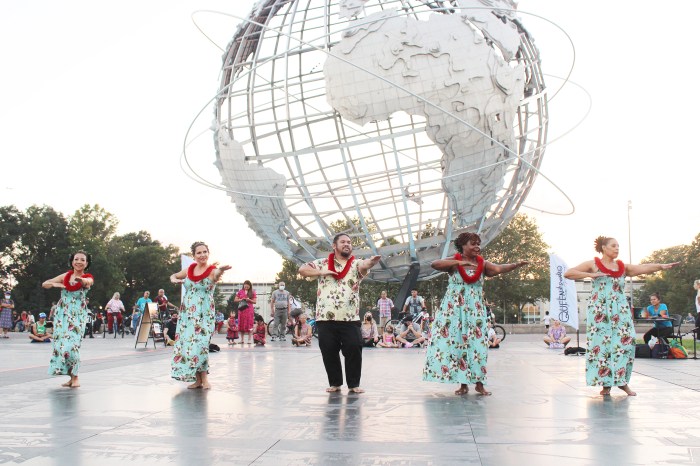The city Board of Standards and Appeals is a city agency that hears land use requests from developers, builders and architects. Many of the cases involve variance requests which allow an applicant to develop a site by bypassing some established zoning regulations. There are conditions that must be met in order for a variance to be granted.
The board is headed by five commissioners who are appointed by the mayor. They are the ones who make final decisions following public hearings of various cases. There is no appeals process to decisions made by this board unless a costly lawsuit is pursued by either an applicant or those who may oppose the granting of a variance or other application.
On Oct. 18, the BSA unanimously approved a variance that will allow a second house to be built on a property in Bayside Hills, where one house now stands. A variance had to be sought, because the R2A zoning that exists in this area would prohibit the construction of a second house due to the small size of the plot on which this house is to be built. This plot is currently a small garden.
This is a precedent-setting case. Other properties, especially corner properties, will be susceptible to such inappropriate development. This will threaten the character of our communities for years to come.
The Bayside Hills community came out in full force in opposition to this variance. Headed by civic president Michael Feiner, huge numbers of local residents showed up at Community Board 11 and Borough President Helen Marshall’s office to protest the granting of this variance. The community board voted unanimously to oppose the variance and the borough president, likewise, came out in opposition to support the community.
When the hearing was held at the BSA in downtown Manhattan, a busload of local residents attended and stood up and testified that they did not want this type of development in their neighborhood. Many believed that the owner of the property created a self-imposed hardship and should not be rewarded with a variance to build the second house. They were supported by their civic association, all local elected leaders and many other community people.
Despite this impressive display of community unanimity, the BSA chose to grant this variance, this privilege, and ignored the will of the people. Five people, who are not elected, are determining the destiny of a community. That is democracy?
In another instance, a gas station on Northern Boulevard near 204th Street in Bayside neglected to renew its variance for more than 10 years. Civic leaders and the community board notified the BSA of this fact. The station had brought attention to itself because it had been storing trucks illegally overnight on its property.
Finally, the executive director of the BSA wrote the owners of the gas station a letter stating that they had 60 days to renew their variance or be forced to start the process all over again from the beginning, which is costly. The gas station took 11 months to file for renewal.
Did the BSA follow up on its promise to deny an extension of the current variance? No — the gas station was granted a variance renewal. The rules were waived and the owners got away with being so late.
It is obvious that the BSA is an agency in need of reform on a number of levels. City Councilman Daniel Halloran (R-Whitestone) has proposed legislation that would require the BSA to send out renewal notices when variances come due, with penalties to those who ignore these requests. He also has proposed legislation that would set up an appeals process through the Council if a BSA decision contradicts the community board’s and/or the borough president’s recommendation to deny approval.
To his credit, state Sen. Tony Avella (D-Bayside) had proposed similar legislation when he was in the Council, but was thwarted in his efforts to seek sensible reform of this agency. Let’s hope Halloran will prevail.
Henry Euler
Bayside
































